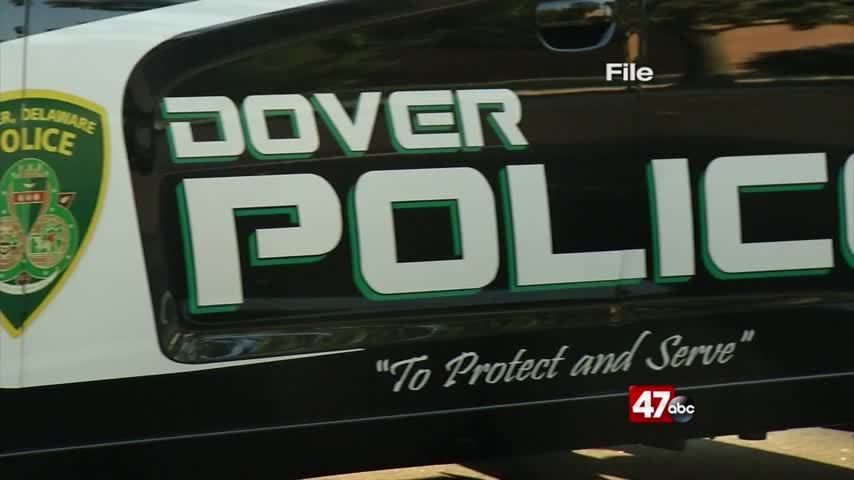SUPD virtual simulator provides hands-on training for real-life scenarios
SALISBURY, Md. – When a police officer responds to a scene that requires de-escalation, every word they speak and split-second decision they make, can mean the difference between life and death. That’s why Salisbury University Police Department (SUPD) is using hands-on technology to be able to expect the unexpected.
Recon 180 Training Simulator
With a $30,000 grant from the Governor’s Office of Crime Prevention, Youth and Victim Services, SUPD purchased a Recon 180 training simulator. The system comes loaded with 1,200 scenarios, ranging from public drinking, to active shooter situations.
“That’s going to allow us to go through all kinds of use of force scenarios and de-escalation in a controlled environment. It’ll just be a great training aid for the agency,” said SUPD Lieutenant Chris Shockley.
SUPD Chief Edwin Lashley learned about the technology while attending a Commission on Accreditation for Law Enforcement Agencies conference. While the technology is not new on the Eastern Shore, it is novel; only a handful of agencies have it.
“It’s very realistic. It’s the interactions we can have on a daily basis,” said Lt. Shockley. “It puts you there. It puts you in the scene, and lets you go through and realize the training that’s needed.”
How the Simulator Works
The simulations play out on life-sized screens. Trainees get hands-on with the scenarios; talking to subjects, ducking for cover when necessary, and handling firearms, tasers, and pepper spray, for example. Depending on the trainee’s words and actions, the officer running the simulator adjusts the outcome.
“We can kind of control the ending. So, it’s going to be based on the officer’s actions and their interaction with the scenarios, using their verbal commands and de-escalating the situation,” said Lt. Shockley. “We can amp up the situations, and it gets them as close as you can get to real life scenarios, and prepare them for having to use any of these skills on a daily basis.”
SUPD’s Sergeant John Herbert says it’s a skill set that doesn’t come naturally to everyone.
“[Some people] get amped up. The adrenaline kind of gets going. They kind of just get complacent or freeze, and they don’t talk people down,” said Sgt. Herbert. “It’s something that they’ve never actually experienced before.”
Better Training, Better Preparation
Many of the simulator’s situations are impossible to be fully prepared for. But, with the technology, SUPD says they’ll be better equipped to handle them.
“If we’re going to make an error, it can actually occur in this classroom so we can take all of our training here and then apply it outside of there,” said Sgt. Herbert. “The things that we deal with aren’t always pleasant. Basically, by us practicing, it’ll get us to be trained a lot more professionally, to be able to deal with these types of events.”
Texas-based TI Training, which created the simulator, updates scenarios every six months. Lt. Shockley says the continuous refreshes will keep officers’ training as up to date as possible.
“We can get multiple training sessions in throughout the year, also to include working with our allied agencies that we’ll be responding to the scene with us,” said Lt. Shockley.


